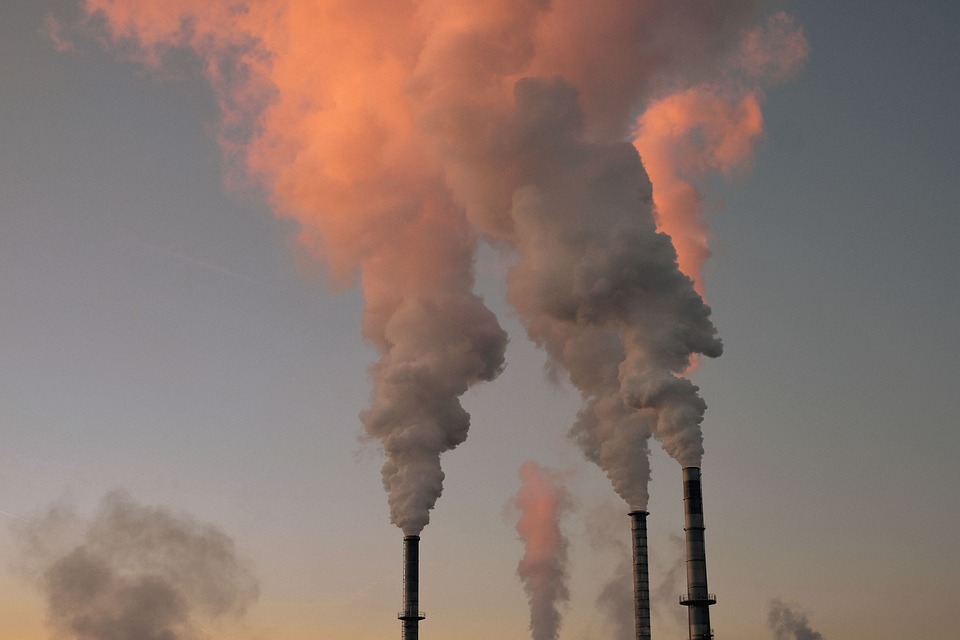The Detrimental Effects of Air Pollution
Air pollution is a major concern today, affecting the health of individuals worldwide. Various pollutants released into the air, both naturally and as a result of human activities, have significant impacts on the human body. Understanding these impacts is essential to address the issue effectively and implement necessary measures to mitigate air pollution.
Respiratory System Effects
Air pollution has severe consequences on the respiratory system, including the lungs, throat, and nose. Fine particulate matter, known as PM2.5, and toxic gases such as nitrogen dioxide (NO2) and sulfur dioxide (SO2) can penetrate deep into the lungs and cause inflammation. Prolonged exposure to these pollutants can lead to conditions such as asthma, bronchitis, and even lung cancer.
Cardiovascular System Effects
Studies have shown a strong correlation between air pollution and cardiovascular diseases. Particulate matter, especially PM2.5 and PM10, can enter the bloodstream and cause negative effects on the heart and blood vessels. This can result in heart attacks, strokes, hypertension, and other heart-related ailments. Additionally, long-term exposure to air pollution can contribute to the development of atherosclerosis, a condition where plaque builds up in the arteries, further increasing the risk of heart diseases.
Nervous System Effects
Air pollution can also impact the central nervous system. Fine particulate matter, chemical compounds, and heavy metals present in polluted air are believed to contribute to cognitive impairments and neurological disorders such as Alzheimer’s and Parkinson’s diseases. Furthermore, exposure to air pollution during prenatal and early childhood stages can have long-lasting effects on brain development and cognitive abilities.
Key Factors Contributing to Air Pollution
Industrial Emissions
Industries are significant contributors to air pollution, emitting various harmful substances into the atmosphere through their manufacturing processes. These emissions include particulate matter, sulfur dioxide, nitrogen oxides, and volatile organic compounds. The combustion of fossil fuels, which is prevalent in many industrial activities, also releases large amounts of greenhouse gases, contributing to climate change.
Vehicular Emissions
The increasing number of vehicles on the roads is a major source of air pollution, particularly in urban areas. Exhaust fumes from cars, trucks, and motorcycles release a range of pollutants, including carbon monoxide, nitrogen dioxide, and fine particulate matter. The concentration of these pollutants near busy roads or in congested cities poses a significant health risk to individuals, particularly those with pre-existing respiratory conditions.
Biomass Burning
In many regions, biomass burning is prevalent, either for cooking or as part of agricultural practices. The burning of solid fuels such as wood and crop residues releases a variety of hazardous air pollutants, including fine particulate matter and carbon monoxide. Indoor air pollution due to biomass burning also affects the health of individuals, especially in low-income communities where clean cooking solutions are lacking.
Measures to Mitigate Air Pollution
Promotion of Renewable Energy Sources
Transitioning from fossil fuels to renewable energy sources like solar, wind, and hydropower can significantly reduce air pollution. Encouraging the use of cleaner energy alternatives and supporting the development of renewable energy infrastructure can mitigate the harmful effects of air pollution on human health. Governments and organizations should provide incentives and subsidies to promote the adoption of these sustainable energy sources.
Strengthening Environmental Regulations
Tightening and enforcing environmental regulations is crucial to reduce air pollution. Stricter emission standards for industries and vehicles, along with regular monitoring, can lead to significant improvements in air quality. Governments should also invest in proper waste management systems to control pollutant releases from waste disposal sites.
Educating the Public
Raising awareness about the adverse effects of air pollution is essential to mobilize public support and encourage responsible behavior. Educating individuals about the sources of air pollution, its impacts on health, and the steps they can take to minimize their contribution can lead to a positive change in air quality. Implementing educational campaigns in schools, workplaces, and communities can play a pivotal role in improving air quality.
Conclusion
Air pollution poses a significant threat to human health, affecting the respiratory, cardiovascular, and nervous systems. Recognizing the negative impacts of air pollution is crucial in driving collective action and implementing effective measures. By adopting cleaner energy sources, strengthening regulations, and educating the public, we can work towards improving air quality and safeguarding human health for future generations.




